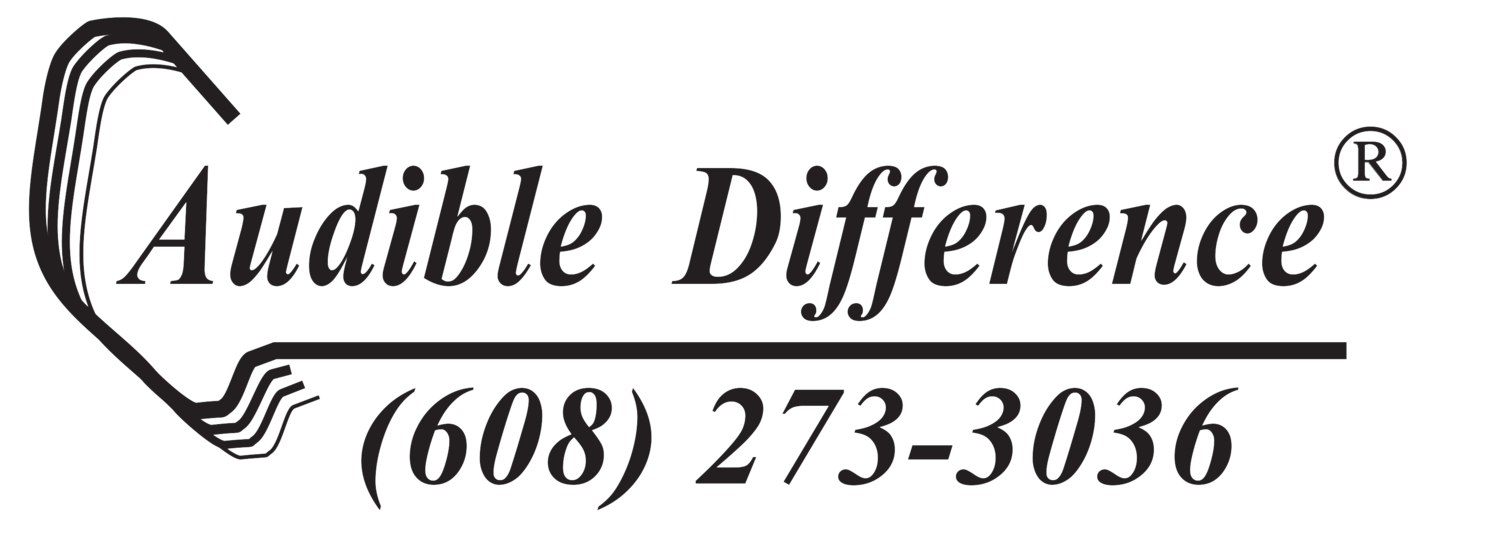I DARE SAY
Florence Fisher Parry
By Florence Fisher Parry - May 4, 1933
The following was written more than 85 years ago by Parry Heide's grandmother in her daily column in the Pittsburgh Press.
I DARE SAY ran daily for more than 25 years.
Helping the Hard of Hearing
Two friends stopped in, and we conversed together, in low tones. It was a lovely hour; and when they left I stood at the open door and listened for a while at the soft, musical notes of Spring. Birds were calling to each other; far voices rose and fell; the purr of city busyness, and children’s laughter, gave testimony that the world was full of overtones of music.
But my retreating friends were not aware of this.
One of them was stone deaf; and her own voice and mine, to her, were mere vibrations. Suspended from the other’s ear had been a fine, almost invisible cord, which carried the amplified sound of our voices to her by means of some radio device. Both of these friends had liberated themselves from the prison of deafness, one by means of lip-reading, and the other by wise selection of the instrument best adapted to her own particular kind of deafness. They were a part of the social fabric. They had not let deafness isolate them. But for my prior knowledge of their handicap, I scarcely would have been aware of it.
Future Citizens
One of these friends had but recently returned from a visit to one of the public schools in Millvale. In a class of 35, a class selected at random for a comprehensive “hearing” test, 19 were found to be hard of hearing, and five almost totally deaf. Yet these children had not been recipients of any special attention from the school or State, and were supposed to “get along” somehow, through their school years. State appropriations had seen to their eyes, their teeth, their general health; but their power to HEAR, except by means of an inadequate general “test”, had never been investigated.
Some of these 19 pupils had managed, “somehow”, to get along – by means of “copying” from one another’s papers (their only expedient, since they obviously could not hear the teacher’s explanations or questions), and by attention to what their eyes alone could inform them.
But many of them were years behind their classes. Fifteen-year-olds were in grades designed for those of nine or ten, thus burdening the state far more, financially, than it would be if proper attention and provisions for deafness were a part of its educational program.
There are more than 17,000,000 people who are hard of hearing in the United States, 3,000,000 of whom are children! One eighth of our population! Of the 14,000,000 adults, only a small proportion have had the means and strength of will to rise above their social isolation, or overcome the natural sensitiveness which seems to be an attribute of deafness.
National Hearing Week
Plainly, our concern should be acute for these three million school-age children, who, given an opportunity to learn lip-reading, at once would be relieved of an otherwise hopeless handicap! This is National Hearing Week, and tomorrow and Saturday, at the headquarters in the Jerikins Arcade, extraordinary demonstrations of mechanical devices, and lip-reading contests, will be conducted. The aim of this splendid enterprise is to stimulate interest in the diseases which affect hearing; to reduce so far as possible, unnecessary noise; to provide vocational guidance for deaf young people, and make a place in industry for them; to install group-hearing aids in churches, theaters, colleges, etc.; and above all, to excite legislation to appropriate to the public schools sufficient facilities with which to discover which of their pupils are hard of hearing, and at once provide lip-reading classes for them.
The last ambition seems to me a most practical economic measure, and as such deserves immediate consideration. Waste, during the past few bitter years, has become a national issue, and any legislation to eliminate it should be particularly grateful to the state at this time.
Imperative Crusade
There was an effort made recently to legislate against the continuance of music in our public schools. Fortunately it did not succeed. The incalculable benefits of early music education were saved from demolition. But this great tools of cultural development, far-reaching as it is, seems to me but the byproduct of a still greater need, and one which should have taken precedence over all other educational accessories: Provision for the public school pupil who suffers from what seems to be a national defect – partial deafness!
The hard of hearing child can be made a public charge or a useful citizen; a social burden or a social contributor. His fate rests with those who legislate school appropriations and those whose privilege it may be to influence legislation.
National Hearing Week? That is not enough. National Hearing CRUSADE. National Hearing CONSCIOUSNESS. Science has contributed its noble share in the invention of mechanical devices to aid defective hearing, and in ascertaining possible cures and preventions of deafness.
PUBLIC OPINION, active public INTEREST, engaged in agitating special attention to the school-age hard of hearing child, is what is needed, above all.
The hearing device that she refers to was probably a carbon hearing aid, based on the same principle as the early telephones. Since it had no electronic amplification from vacuum tubes or transistor, the amplification depended on the ratio of diameters of the microphone and the earphone. The first wearable vacuum tube hearing aids did not appear until 1934, and they were bulky and quite expensive to operate because of the high battery consumption. For an interesting history of the development of the hearing aid, see the Kenneth W. Berger Hearing Aid Museum site at Kent State University.


